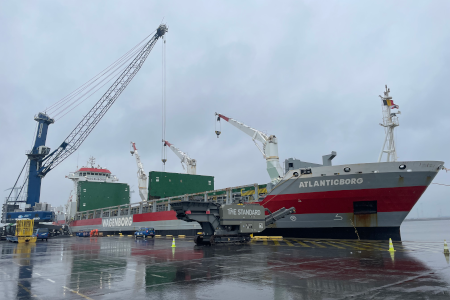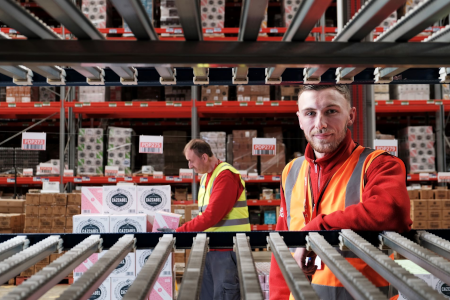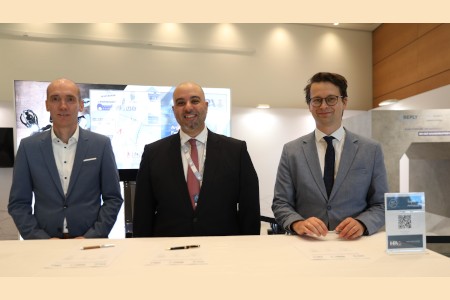Sumit Vakil, CPO and Co-Founder, Resilinc
What does ‘logistics’ mean to you?
In the context of my industry, ‘logistics’ means getting products, parts, raw materials, and services where they need to be consumed, further processed, or stored, on time, and within budget. It is a critical part of any product (physical or digital) or service that has a supply chain; meaning, everything we consume in the modern world. But logistics is not the entirety of a supply chain, though that distinction gets lost quite often. Logistics is one part of supply chains. There are other, equally critical parts like manufacturing (again, physical, or digital), design, strategic planning, labour, forecasting, etc. All these together form modern supply chains.
If you could change anything about the industry, what would it be?
Even today, the supply chain is very cost focused when the need is for a balanced approach that considers both cost and risk. If there is one thing I would change, that is the mindset that cost is everything, and hence organisations must only pay attention to 20% of the suppliers that take 80% of the spend. Even the supplier with the smallest amount of spend can take down your entire supply chain. For example, in the very recent past, some auto manufacturers were unable to ship their cars or trucks because they couldn’t procure cup holders, door handles, grill badges – all low spend items when compared to the overall cost of manufacturing an automobile. Supply chain leaders must transform their thinking and pay equal attention to revenue at risk and customer sentiment.
What three traits define you?
- I don’t give up. I will always find a way.
- I will trust you unless you give me cause to do otherwise.
- I take enormous pride in my work but will not let ego get in the way of success.
What’s the most important trend in the industry today?
Most Supply Chain organisations still heavily leverage 20th century tools like spreadsheets, email, and reports extracted from legacy ERP / MRP systems to run operations. They repeatedly perform the same tedious, high effort, low return tasks. The consequence is that they are unable to allocate time to long-term planning and execution. Fortunately, this is starting to change. Organisations are increasingly adopting modern tools to solve modern problems. They are starting to favour data and AI-driven SaaS solutions with built-in collaboration functionality. And they are seeing strong ROI on these investments. They are reducing their exposure to supply chain disruptions, improving supplier relationships, enhancing employee productivity, and freeing up resources for strategic planning.
How do you define success?
As an entrepreneur, I define success as doing right with my employees, my investors, and my customers. If my team is learning and growing, I’m successful. If I can deliver financial stability to my employees and exceptional returns to my investors, I’m successful. If my customers are satisfied because we helped them build resilient supply chains, I’m successful.
At a personal level, I’m successful if I raise my children to be responsible, contributing members of society who know right from wrong and do the right thing versus the expedient thing.
If you weren’t in your current role, where would you be?
I would be an outdoors guide, travelling to remote parts of the world, camping, sleeping under the stars every night, and hiking to places very few humans have been to.
Read more news and exclusive features in our latest issue here.
Never miss a story… Follow us on:
International Trade Magazine
@itm_magazine
@intrademagazine
Media Contact
Joseph Clarke
Editor, International Trade Magazine
Tel: +44 (0) 1622 823 920
Email: editor@intrademagazine.com







